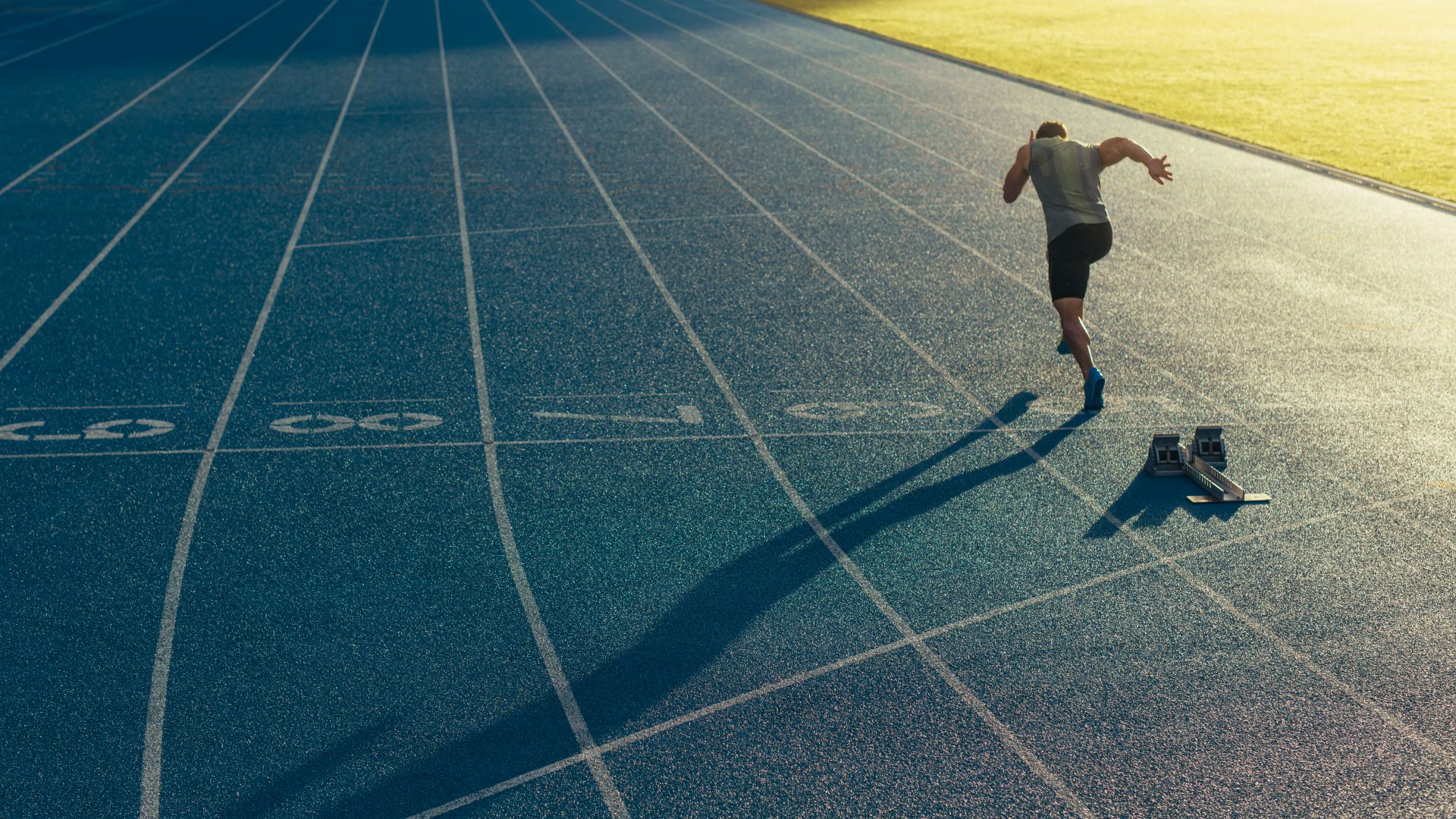
COVID-19 & sports
Post-coronavirus: how cities and sports can recover together
In late March, Tokyo postponed the Olympic Games to 2021. The 2020 European football championship has also been rescheduled.
The Coronavirus pandemic has forced many sports rightsholders to cancel or postpone their sporting event. With the cancellation of events worldwide, revenue worth billions of dollars have been lost. Barbara Martins-Nio, our MCI Director for sporting events, shares her views on the challenges encountered by cities in hosting major international sporting events.
Even with the end of the lockdown, social distancing requirements will make it challenging for sports facilities. For host cities, the post-Coronavirus context calls for a realignment of their strategy with the constrained capabilities. Nevertheless, most city dwellers need and want to get back to some form of “normal” social life. Ever since the first Olympic Games in 776 BC, sporting events convey a sense of peace and unity. Sport’s social function is essential after human or natural disasters.
Cities and the sports industry are facing a unique opportunity to work side by side. Together, they can revive jobs and revenue.
outdoor activities
Even at the height of the lockdown, most countries had identified sports practice as a legitimate basic need warranting an exception to enforced restrictions. Walking or running outside has remained a good workout option amid the COVID-19 outbreak. Practising a sport regularly remains an essential component of a healthy lifestyle, for both mind and body. Runners around the world thus often take to the streets or the trails to maintain their fitness and boost their immune systems, while respecting social distancing requirements. In fact, many sports activities – walking, running, swimming, riding, biking or climbing outdoors – are contactless.
We should thus explore ways in which we can encourage people to continue practising such healthy activities outdoors. Cities must move away from promoting sports practice exclusively in enclosed areas (e.g. gyms, swimming pools, or stadiums). They must provide outdoor facilities for sports practitioners. Cities are looking into setting up new ways to get people involved in sports. The recent pandemic is an opportunity to review our sports practices and adapt them to the global health crisis.
sports@home
During the lockdown, many sports fan have also been practicing from their homes. In Toulouse, a man even ran a marathon from his balcony. After the lockdown, practising sports at home will continue. The aim is to promote new habits that conform to stay at home rules, which could be re-enacted anytime soon. Cities are thus taking steps to facilitate the practice of sports from home. Local authorities across Europe have developed new web-based training programmes or funded the production of live videos on social media platforms.
A new spirit of cooperation was already underway. I want to believe that the crisis will accelerate it.
budget-conscious events
Social distancing restrictions are likely to remain after the lockdown. We will all learn to live with the deadly virus. For sure, city and sports leaders are now fully abreast of the sanitary risks of large public gatherings. Sports fan have morphed their fears into prudent behaviour. Most of them are keen to avoid large crowds at least for the coming months.
Yet, people firmly believe that sports have the unique ability to unite people, communities and nations. Sport is a great equaliser, and political leaders have embraced it. Beyond the social benefits, cities know that international sports events provide economic benefits and contribute to creating, shaping or reinforcing their brand strategy. But they are also aware of the pitfalls that put their reputation at risk: infrastructure and security costs, debt and higher taxes, or the short-term use of new facilities.
The post-Coronavirus sporting events will arguably be downsized. Priority will be given to local or national sports competitions rather than top-tier international sporting events. Sporting events will be commensurate with the drastic hit the economy has taken. It would thus be misguided for sports or city leaders to expect the same ambitious marketing strategies as before the Coronavirus outbreak.
Since the International Olympic Committee adopted its 2020 Agenda seven years ago, we are witnessing a progressive rebalancing. Cities no longer want ‘White Elephants’ with post-event financial abysses. On the other hand, sports rights holders need cities that can plan, mobilise, finance and operate carefully throughout the event while leaving a great legacy.
Cities and the sports industry are facing a unique opportunity to work side by side. Together, they can revive jobs and revenue. They can also rise to broader challenges: energising community initiatives, modernising local infrastructure, enhancing the quality of life. A new spirit of cooperation was already underway. I want to believe that the crisis will accelerate it. Cities must revive their community spirit after the lockdown, and sports can help to recover and mitigate the negative health impacts of lockdown measures.
background
MCI has been involved in major sports events including the Tour de France, the FIFA World Cup (Russia), the Olympic Games (Brazil), Euro 2016 football tournament (France), the UEFA Champions League Final (Milan) and the Summer Olympic Games (Rio de Janeiro). The company was also involved in many small and middle-sized events during the year, such as the Longines Masters in show jumping (Paris), the World Archery Field Championships (Dublin) and the World Handball Championship (France).

